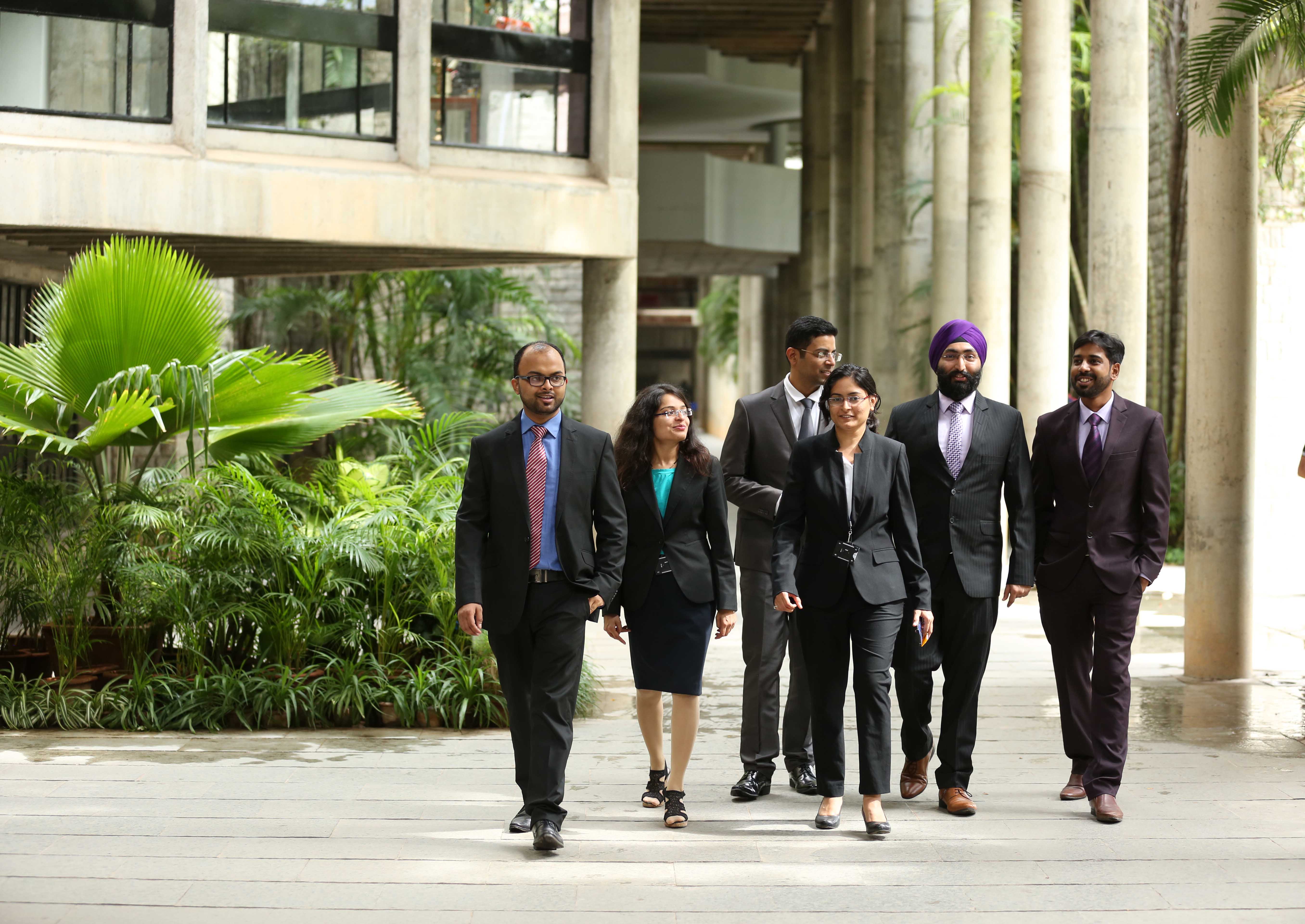| Venue/Deadlines | Program Dates | Program Fees |
|---|---|---|
|
Venue : IIMB Campus
Early Bird Discount Date : 24 Oct, 2024
Last date for registration: 04 Nov, 2024 |
Start Date : 14 Nov, 2024 End Date : 16 Nov, 2024 |
Residential Fee(excluding GST) : Rs. 1,10,000
Residential Early Bird Fee(excluding GST) : Rs. 99,000 Non-Residential Fee(excluding GST) : Rs. 95,000 Non-residential Early Bird Fee(excluding GST) : Rs. 85,500 |
Programme Overview
The great French philosopher, Jean-Paul Sartre, said: “Men are not created but create themselves through their choices.” These choices are rooted in and stem from the decisions we make. To become high achievers or managers aspiring to become effective leaders, we must understand how to make optimal decisions. It is even more important to understand how not to make suboptimal decisions.
Most often, when managers make decisions, they are unaware of the subtle influences that underpin the decisions they make (or do not make). Therefore, understanding decision making extends beyond discrete “decisions” to how individuals frame and set the context for decisions among themselves and within their teams and organizations. This programme seeks to fill this critical gap by exposing participants to different perspectives on how decisions are made by individuals, groups, and organizations in the real-world context.
Programme Content
The programme exposes participants to how framing, biases, motivational influences, and escalation of commitment creep into decisions we make. We seek to understand how decisions made by smart and responsible individuals and groups can sometimes lead to organizational failures and disasters, that can affect the destinies of thousands of people. We also try to understand how humans interpret the complex situations they face, and how do strategies leaders and managers employ to deal with these complexities, uncertainties, and crises. Understanding this will help managers and leaders make better and more creative decisions in their organizations.
Key Benefits/Takeaways
The objectives of the programme are to:
Appreciate the complexities of individual, group and organizational decision-making processes, and be able to gainfully apply the acquired knowledge and understanding to day-to-day professional and social environments, and managing crises.
Become more aware of decision biases and their pitfalls and be able to develop strategies to guard against these crises.
Gain an understanding of the relationship between organizational performance and decision making, and the importance of building an organizational culture of mindfulness to prevent critical organizational failures.
Pedagogy
Through experiential exercises, videos, case analyses, and hands-on simulations, this program helps participants understand various biases and traps that cause smart people to make bad decisions. Participants will also learn how to overcome information gaps and asymmetries in team settings in order to enhance group decision making. Finally, participants will learn how to manage agreement and disagreement. All modules are anchored in conceptual and practical perspectives.
Who Should Attend
Young and middle managers with practicing experience of between five to twelve years will benefit substantially from the program, as it will help them prepare decision strategies for the future.

Top-notch faculty, contemporary content, a great learning environment, and application orientation make the IIMB Exec Ed programmes world-class.